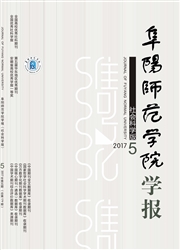
欢迎您!东篱公司
退出

 中文摘要:
中文摘要:
在构式语法理论框架内,以论元结构分析为研究工具,探析汉语动结式中受事论元的实现方式。汉语动结式违背了语义一致原则,除了可以和与其语义相融的动词的对象论元融合,或者由构式单独提供,受事论元还能和动词的施事论元结合。而对象论元和受事论元的分离,是汉语动结式具有能产性、复杂性的主要原因。
 英文摘要:
英文摘要:
Within the theoretical framework of construction grammar,the paper explores the principle by which patient argument is realized.Different from English resultatives which follows the semantic coherence principle strictly,patient argument in Chinese resultatives can combine with any argument role of verb(agent,theme and patient) or be offered by construction itself.The separation of theme and patient can contribute to the proliferation and complexity of Chinese resultative construction.
 同期刊论文项目
同期刊论文项目
 同项目期刊论文
同项目期刊论文
 期刊信息
期刊信息
